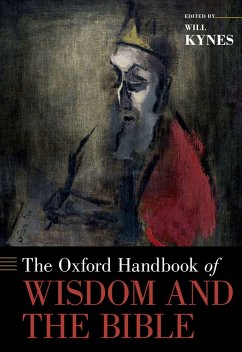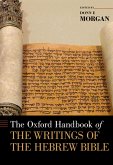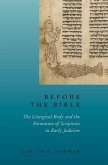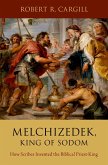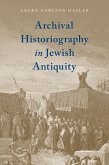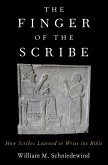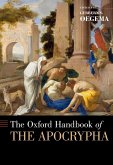This collection of leading scholars presents reflections on both wisdom as a general concept throughout history and cultures, as well as the contested nature of the category of Wisdom Literature. The first half of the collection explores wisdom more generally with essays on its relationship to skill, epistemology, virtue, theology, and order. Wisdom is examined in a number of different contexts, such as historically in the Hebrew Bible and its related cultures, in Egypt and Mesopotamia, as well as in Patristic and Rabbinic interpretation. Additionally, wisdom is examined in its continuing relevance in Islamic, Jewish, and Christian thought, as well as from feminist, environmental, and other contextual perspectives. The second half of the volume considers "Wisdom Literature" as a category. Scholars address its relation to the Solomonic Collection, its social setting, literary genres, chronological development, and theology. Wisdom Literature's relation to other biblical literature (law, history, prophecy, apocalyptic, and the broad question of "Wisdom influence") is then discussed before separate chapters on the texts commonly associated with the category. Contributors take a variety of approaches to the current debates surrounding the viability and value of Wisdom Literature as a category and its proper relationship to the concept of wisdom in the Hebrew Bible. Though the organization of the volume highlights the independence of wisdom as concept from "Wisdom Literature" as a category, seeking to counter the lack of attention given to this question in the traditional approach, the inclusion of both topics together in the same volume reflects their continued interconnection. As such, this handbook both represents the current state of Wisdom scholarship and sets the stage for future developments.
Dieser Download kann aus rechtlichen Gründen nur mit Rechnungsadresse in A, B, BG, CY, CZ, D, DK, EW, E, FIN, F, GR, HR, H, IRL, I, LT, L, LR, M, NL, PL, P, R, S, SLO, SK ausgeliefert werden.

